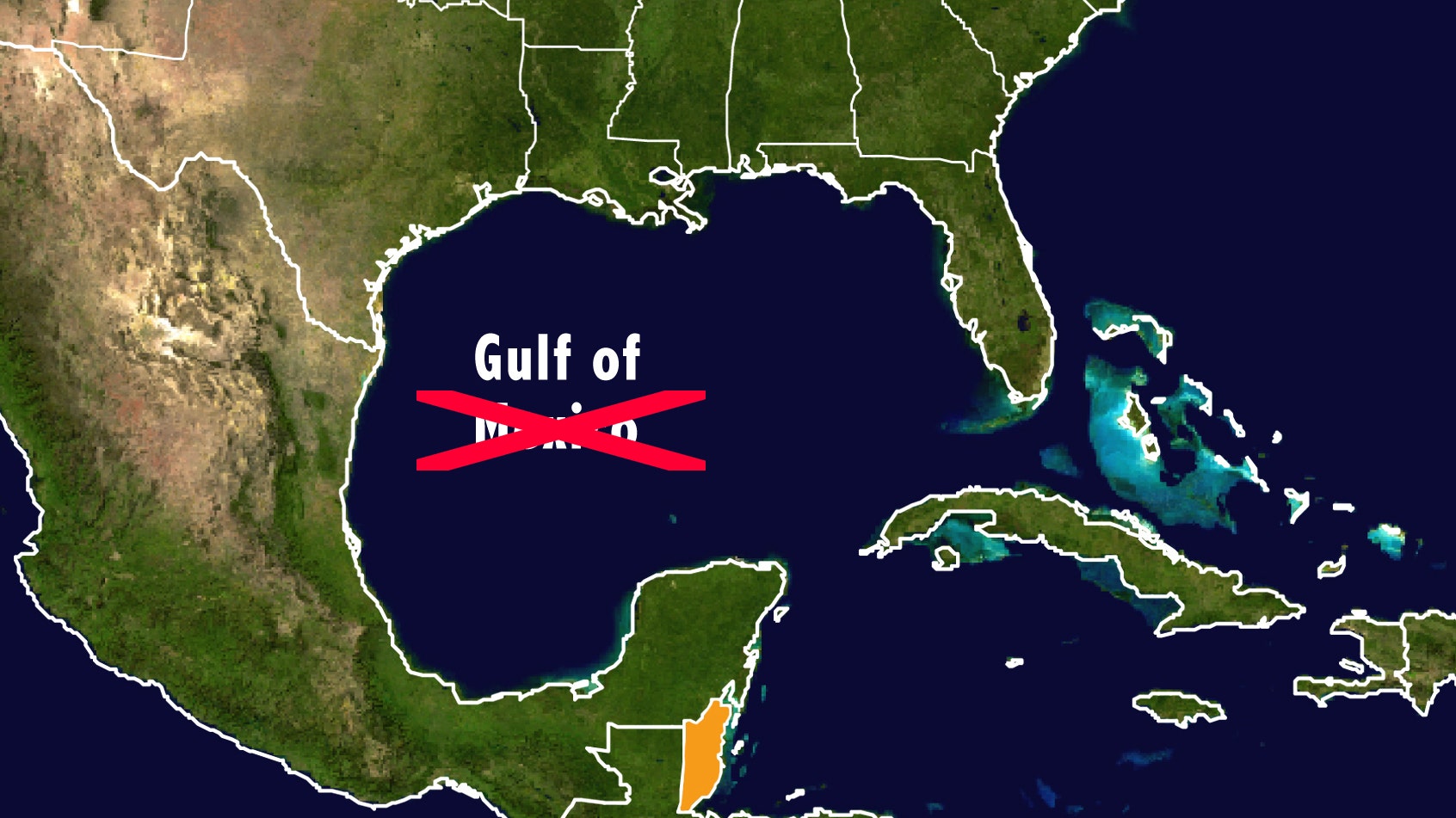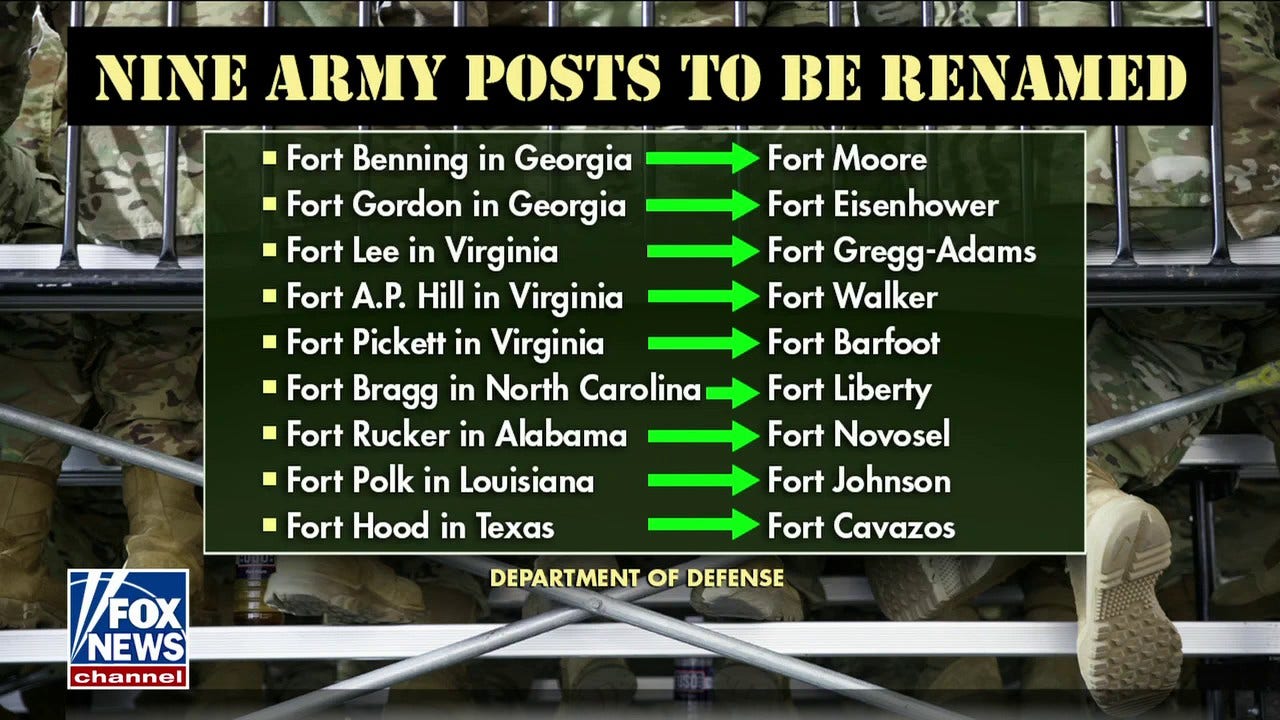Democrats Offer Unconventional Support: Renaming the Gulf of Mexico for Lower Costs
In an unprecedented move, the Democratic party has proposed an unconventional solution to escalating costs: renaming the Gulf of Mexico. The proposal has garnered widespread attention and sparked a heated debate, with proponents and opponents alike presenting compelling arguments.
Economic Implications
The primary rationale behind the proposal is economic. The Democrats argue that the current name of the Gulf of Mexico evokes negative associations with environmental disasters such as the Deepwater Horizon oil spill. These associations, they contend, have led to lost tourism revenue, reduced property values, and a diminished reputation for businesses in the region.
By renaming the gulf, proponents believe they can shed these negative perceptions and attract more tourists and investors. A study commissioned by the Democratic National Committee (DNC) estimates that the name change could generate billions of dollars in new economic activity over the next decade.
Environmental Considerations
Critics of the proposal raise concerns about its environmental impact. They argue that renaming the gulf will not address the underlying environmental problems that have led to its negative reputation. Instead, they contend, it will merely paper over the issue and potentially distract from efforts to address the root causes.
Environmentalists also worry that the name change could lead to a false sense of security, making people less likely to support policies aimed at protecting the gulf. They point to examples of other bodies of water that have been renamed to hide or downplay environmental problems, such as the Los Angeles River and the Harlem River.
Cultural Heritage
Another significant concern raised by opponents is the cultural heritage associated with the Gulf of Mexico. The gulf has been a vital part of the lives of people in the region for centuries, and many see its name as an important part of their cultural identity.
Critics argue that renaming the gulf would erase this cultural heritage and deprive future generations of a connection to their past. They also point to the fact that many Native American tribes have a deep connection to the gulf and its current name.
Cost-Effectiveness
While the Democrats estimate that renaming the gulf could generate billions of dollars in economic benefits, critics question the cost-effectiveness of the proposal. They argue that the actual economic impact is likely to be much smaller and that the costs of changing maps, signage, and other materials could outweigh any potential benefits.
Furthermore, critics contend that there are more effective ways to address the economic challenges facing the Gulf of Mexico region. They propose investments in infrastructure, education, and job creation as more sustainable and impactful solutions.
Conclusion
The proposal to rename the Gulf of Mexico has ignited a complex debate involving economic implications, environmental concerns, cultural heritage, and cost-effectiveness. While proponents argue that the name change could boost the economy and shed negative associations, critics maintain that it would be an expensive and ineffective distraction from real solutions.
The ultimate decision on whether or not to rename the gulf will require careful consideration of all these factors. It is important to weigh the potential economic benefits against the environmental, cultural, and financial costs before making a decision.
The broader implications of this debate extend beyond the Gulf of Mexico itself. It raises questions about the role of branding and reputation in economic development, the balance between economic growth and environmental protection, and the preservation of cultural heritage in a changing world.

